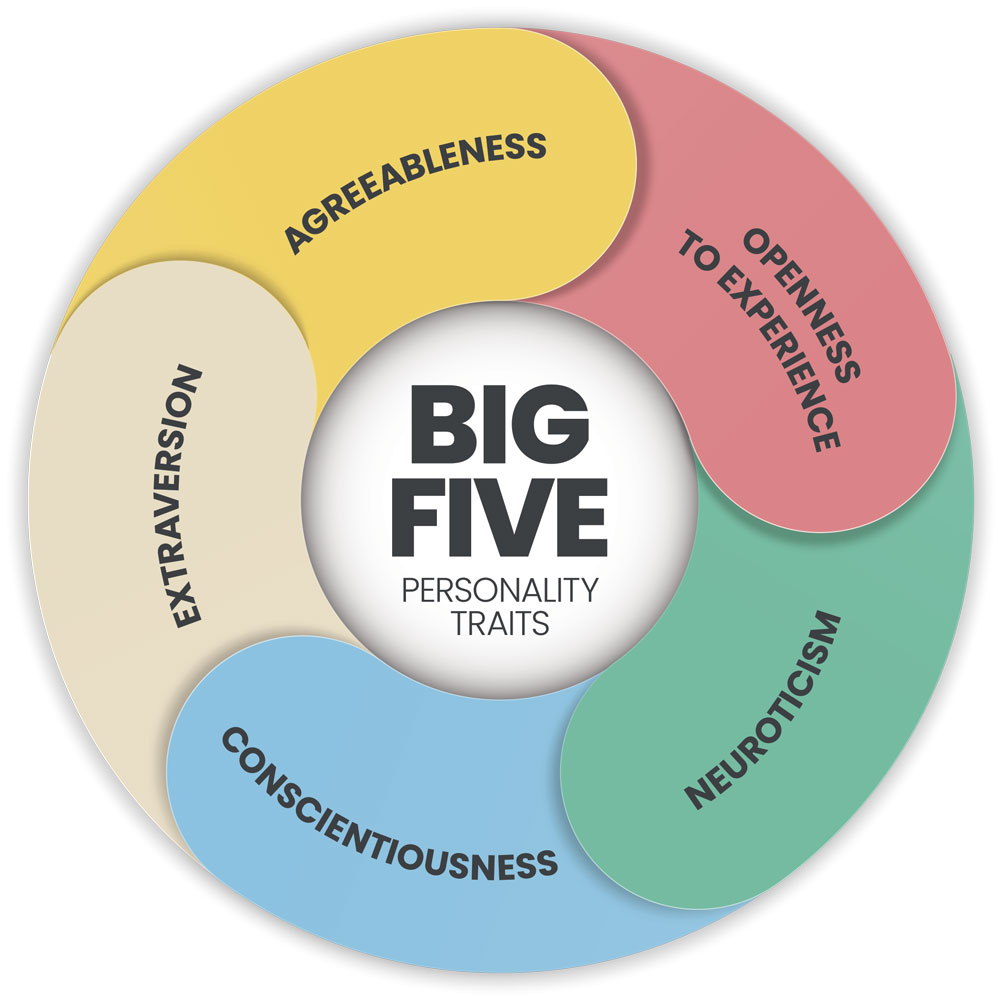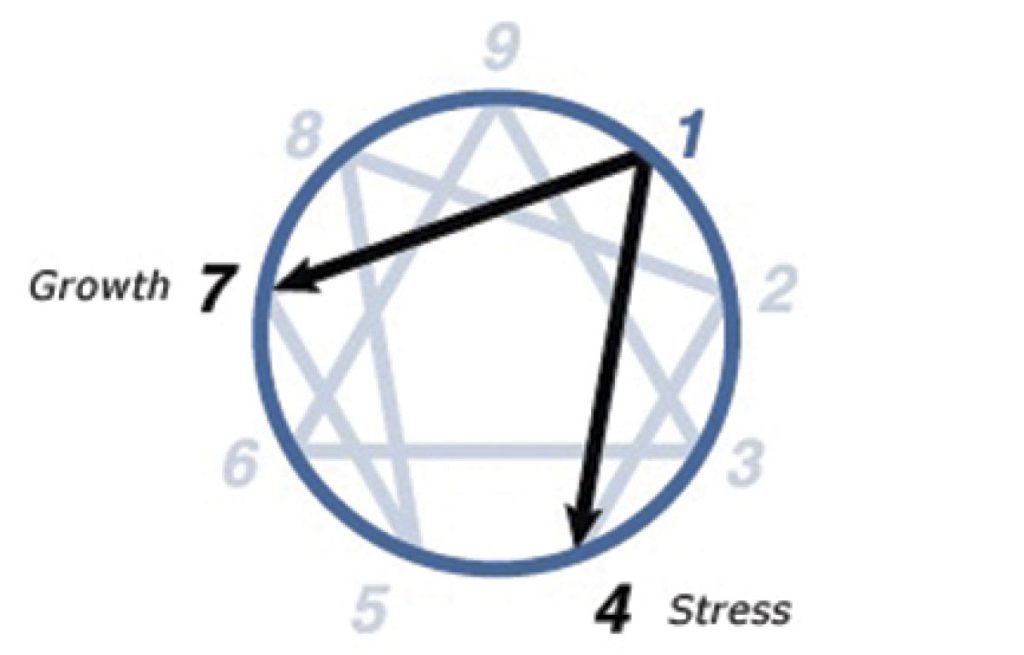What is your personality type?
Personality tests are an informative and easy way to learn about one’s strengths and tendencies. The information can be enlightening or validating; either way, the results are beneficial for professional and personal relationships, as well as creating deeper self-awareness. Plus, they are just fun to do.
If the word “test” has a negative connotation, Psychology Today suggests thinking of personality tests as “inventories,” reflecting a collection of responses to different dimensions of personality. There are many personality tests that are used by clinical professionals but the ones listed below are the most widely used ones for personal assessment:
Big Five Inventory-2 (BFI-2) assesses the Big Five personality traits, which it labels as extroversion, agreeableness, conscientiousness, negative emotionality and open-mindedness. Visit bigfive-test.com.
The HIGH5 is a strengths finder test that helps find what one is naturally good at. Unlike other assessments, HIGH5 does not assign one to a group or type, but instead identifies one’s unique strengths sequence with an action orientation and development focus. Visit HIGH5test.com.
The Myers-Briggs Type Indicator (MBTI) assigns individuals a psychological “type” summarized in four of eight possible letters: extroversion (E) or introversion (I); sensing (S) or intuiting (N); thinking (T) or feeling (F); and judging (J) or perceiving (P). The results are combined into one of 16 types, such as ENTJ or ISFP. The MBTI is widely used in businesses. Visit myersbriggs.org.
The DiSC Profile measures Dominance (D), influence (i), steadiness (S) and conscientiousness (C) often in a work setting for coaching and development. Visit DiscProfile.com.
Enneagram-related tests focus on core motivations and personality patterns and assign personality descriptions based on nine primary types: reformer, helper, achiever, individualist, investigator, loyalist, enthusiast, challenger and peacemaker. Visit enneagraminstitute.com.
The 16 Personality Factor Questionnaire is designed to measure behaviors such as warmth, reasoning, emotional stability, openness to change and perfectionism. Visit 16Personalities.com and OpensPsychometrics.org for many different interesting assessments.
The website truity.com offers nearly all of the tests listed above and additional ones such as finding the best career or how one shows love.
Whether the results are for career development, personal insights or team building, these “inventories” give us valuable information to better relate to others and possibly be better at being ourselves.

A diagram of the Big Five personality traits. One of the many personality tests to help you learn more about yourself.

Example of an Enneagram-related test result.
By Lisa Nicklanovich; courtesy graphic